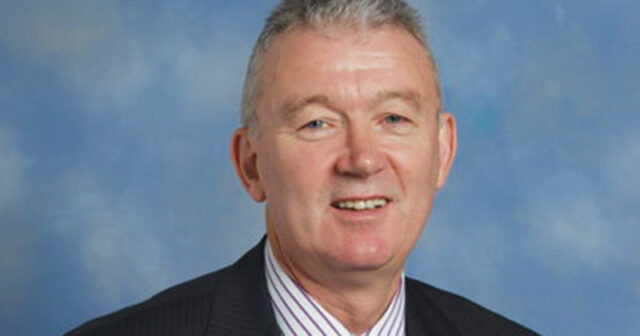Schools are being urged to reschedule inset days to coincide with planned elections in order to reduce “unnecessary” school closures.
Theresa May’s announcement this morning of a snap election will leave schools all over the country bracing themselves for another turn as a makeshift polling station on June 8.
It will follow local government elections a month before on May 4. The events mean thousands of schools face closing twice this year for elections, disrupting the education of pupils and causing havoc for working parents and carers.
#FirstThursCPD has been launched by one school leader to help combat this. It proposes schools each year schedule one of its five training days for the first Thursday of May – the date when planned local elections traditionally take place.
Matthew Clements-Wheeler (pictured right), founder of teacher training organisation Training Wagon and deputy head of Bordesley Green Girls’ School in Birmingham, created the social media campaign.

He said that every year parents and carers are wrongly forced to take time off work as a result of both training days and elections. He said it made sense to combine the days where possible.
“It seems fairly obvious to me that if schools are actually going to work with their communities and serve parents, then one training day of the year should be on the first Thursday in May when elections take place, then at least we can say to parents that we have taken action to mitigate the impact for you,” Clements-Wheeler told Schools Week.
He said that he was not “anti” the use of schools as polling stations given “they’re community hubs funded by the tax payer, but for goodness sake do not close them on other days for kids”.
Any state-funded school in the country can be forced to become a polling station. Though the final say rests with the headteacher and chair of governors if the school must close to fulfil the service.
Many stay open, but face disruption with parts of the building and some entrances cordoned off.
Schools Week revealed during the last election that one in six schools were impacted by the general election in 2015. The majority were primary schools.
Helen Williamson, head of Billingshurst Primary School, in West Sussex, had to partially close the school she runs despite opposition from herself and parents.
Williamson said the polling impacted her legal obligation to offer nearly 400 pupils free school meals. The school had to shut a hall and 90 pupils forfeited a hot meal for a packed lunch.
“It’s just irrational… to disrupt the welfare and learning of children when there are other places available. We are long past the day where it’s acceptable to close a school,” she told Schools Week.

Malcolm Trobe, deputy general secretary of the Association of School and College Leaders, said it would be “broadly helpful” if schools could organise one of their training days to coincide with planned elections.
But said the training needs of teachers should always come first.
“A number of schools already do this [organise training on election days] if they know a significant part of the school is going to be disrupted,” Trobe said.
“One in May may well suit a lot of primary schools as it will help them with their programming and planning for the following September.
“It is not however a good time for secondary schools as it is leading into the examinations period.”
Russell Hobby, general secretary of the National Association of Head Teachers, said today’s snap election announcement gives “schools less time than usual to organise”, but said a general election is the “perfect time to teach children about politics and their civil rights and duties”.
June 8 looks particularly likely to cause chaos for any secondary school forced to act as a polling station, as a GCSE maths paper is proposed to take place that day.


The obvious answer is to move elections to Sundays.